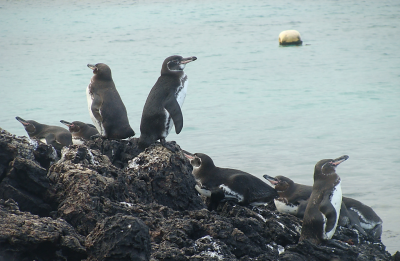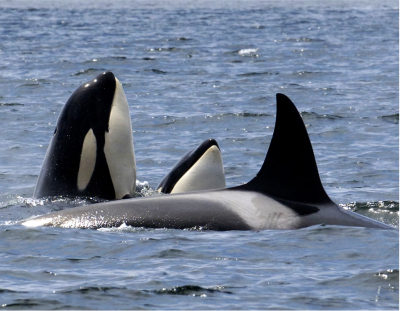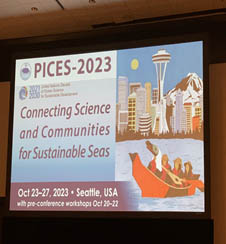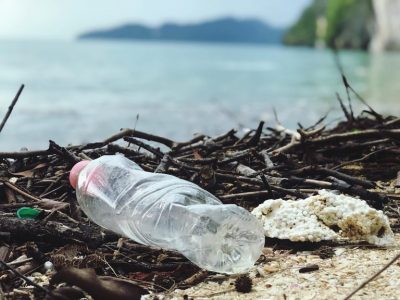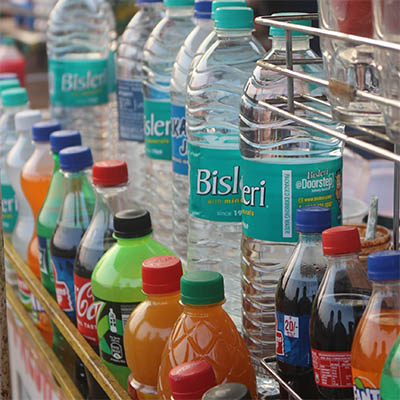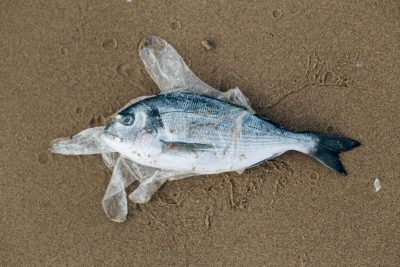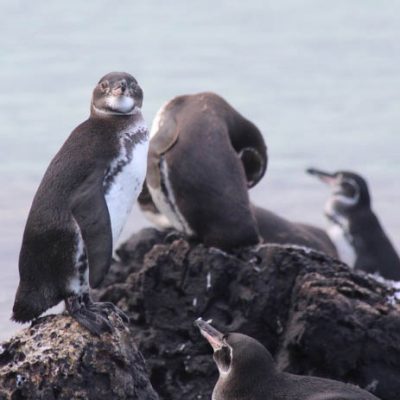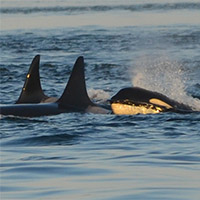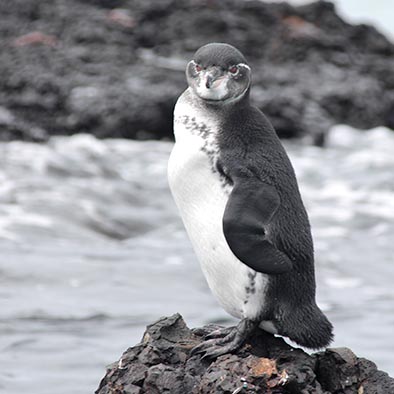Microplastics may be accumulating at a high rate in endangered Galápagos penguins’ food web
The model predictions showed a rapid increase in microplastic accumulation and contamination across the penguins’ prey organisms resulting in Galápagos penguin displaying the highest level of microplastics per biomass, followed by barracuda, anchovy, sardine, herring, and salema and predatory zooplankton.
Toxic chemicals found in oil spills and wildfire smoke detected in killer whales
Toxic chemicals produced from oil emissions and wildfire smoke have been found in muscle and liver samples from Southern Resident killer whales and Bigg’s killer whales.
PICES Symposium brought together science from all around the world
Several IOF members presented at the symposium, with Research Associate Dr. Anna McLaskey, winning the best oral presentation in the Biological Oceanography Committee section.
It’s time to classify plastics as persistent, bioaccumulative and toxic pollutants
Researchers from around the world are urging the international community to recognize the full environmental and health threat of plastics and categorize them as persistent, bio-accumulative and toxic (PBT) pollutants.
Tips for reducing your plastic use
Here are some clever tips on how to reduce your plastic use.
May 25 is International Plastic Free Day!
Plastic is everywhere. It’s in our oceans, coastal areas, and buried deep in the soil. It’s in our food and our water, and wreaks havoc on the natural world around us.
‘This is a wake-up call for the world’: UBC researchers at the forefront of championing for change
The Galápagos islands are under severe threat from ocean pollution, climate change, and illegal, unregulated, and unreported (IUU) fishing pressures
Toxic toilet paper and long-lasting chemicals found in endangered killer whales
A chemical used in the production of toilet paper and ‘forever chemicals’ have been found in the bodies of orcas in B.C. , including the endangered southern resident killer whales.
Darwin’s Eden awash in plastics
Penguin guano from the Galápagos is helping UBC researchers track microplastic pollution from around the globe
